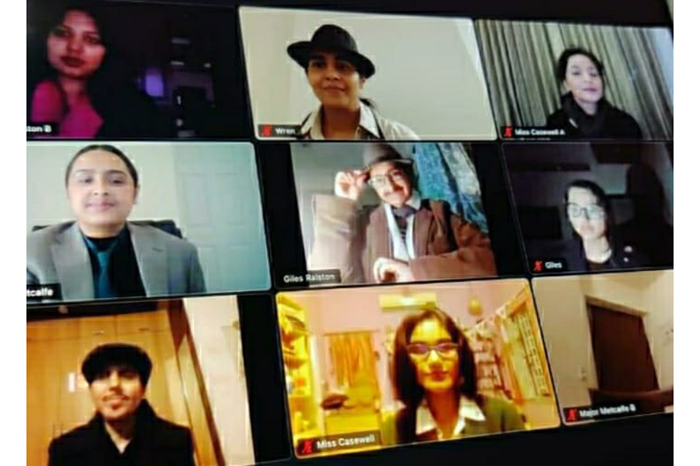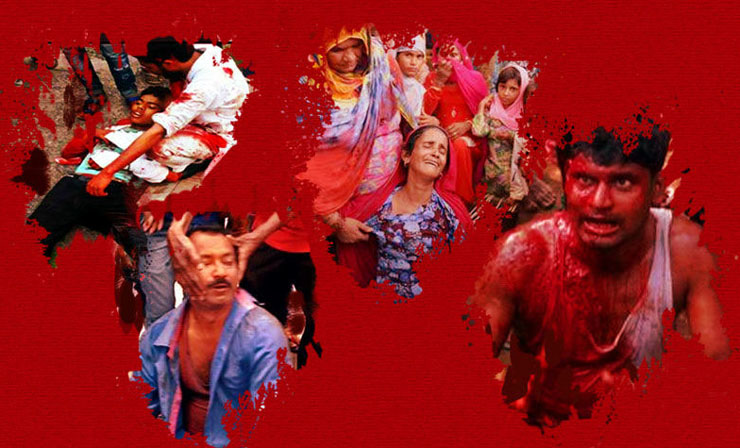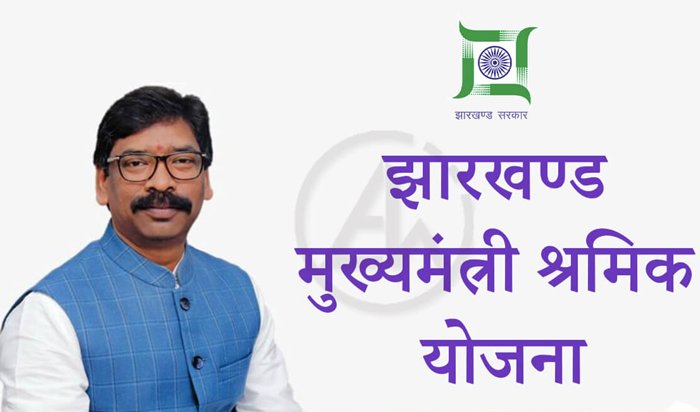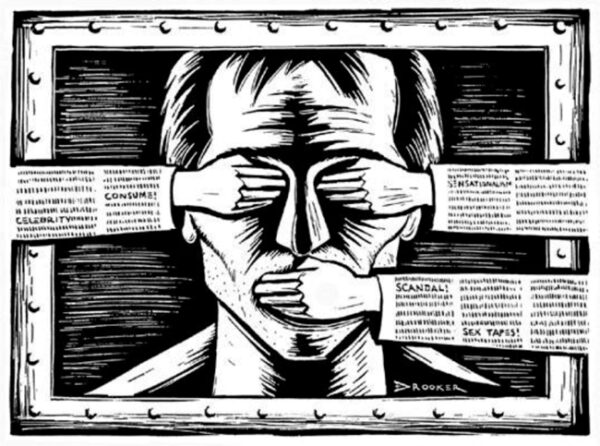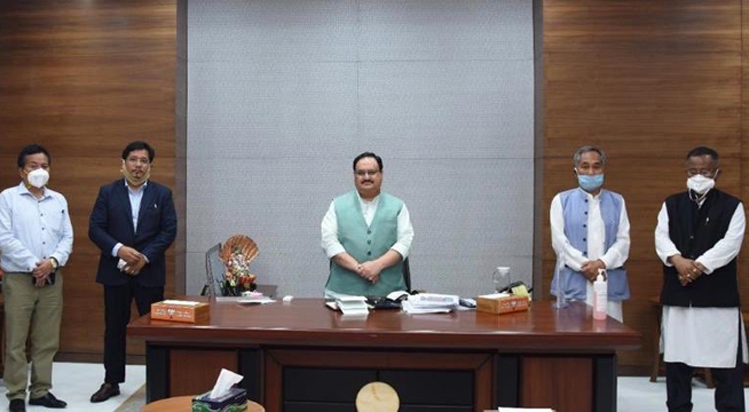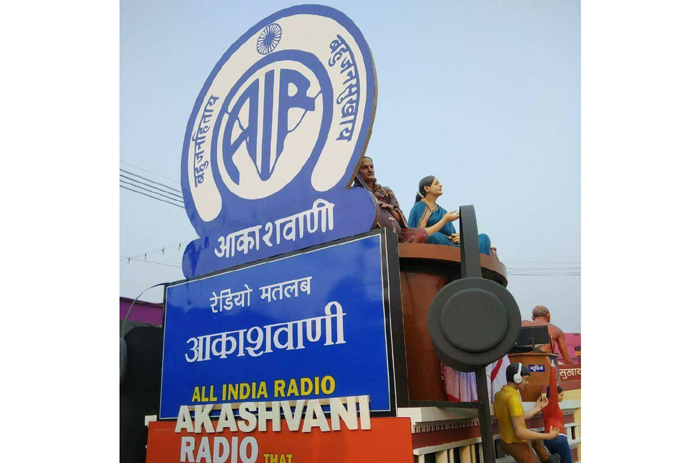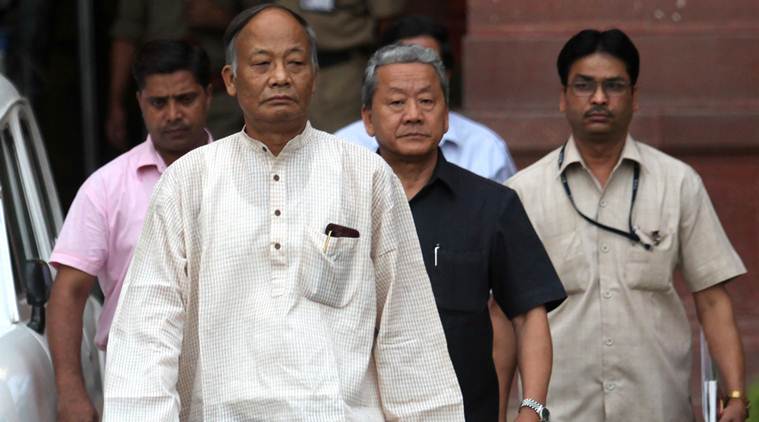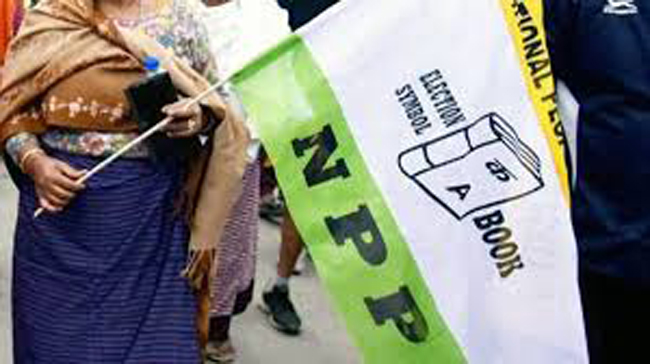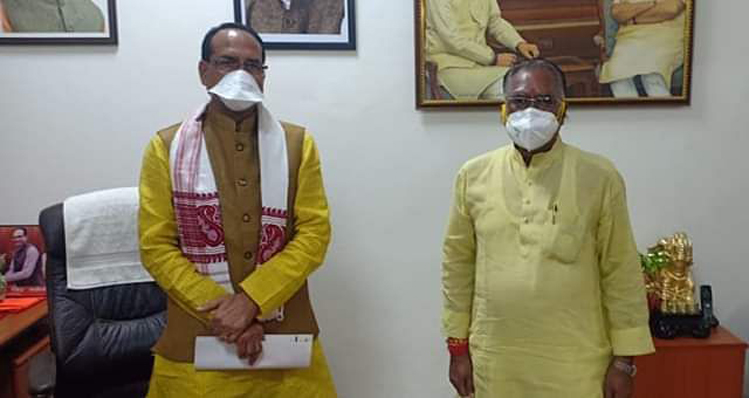The Peoples’ Union for Civil Liberties has strongly condemned criminalisation of media persons as the civil body claimed at least 55 journalists have faced criminal cases by different governments during Covid-19 pandemic in India. For the larger interest of society, we are publishing the statement of PUCL as it is. Please do read.
The Peoples’ Union for Civil Liberties condemns the attempt at criminalizing the writings of journalist Supriya Sharma, Executive Editor of the Scroll, the most recent victim of state attack on the media. The article, “In Varanasi village adopted by Prime Minister Modi, people went hungry during the lockdown” was published on June 5th, 2020.
Among the people it reported on were Mala Devi and her family, who are Scheduled Castes from Domari Village. The Uttar Pradesh police filed a first information report on Scroll’s executive editor Supriya and the Editor-in-chief, on the 13th of June. Supriya Sharma wrote an 8 part series on the suffering imposed by the lockdown in Varanasi, exposing the loss of livelihoods and hunger faced by the marginalized: the Dalits, single women and informal workers.The criminal provisions slapped on the Scroll journalists are bizarre and do not even apply to the complaint made by the aggrieved individual.
These are: carrying out negligent acts likely to spread infection of disease dangerous to life (Sec 269 IPC), defamation through print (Sec 501 IPC), intentionally insults or intimidates with intent to humiliate a SC or ST within public view (Sec 3 (1)(r)) and abuses any member of SC/ST by caste name in public (section 3 (1)(s) of SC/ST (Prevention of Atrocities) Act). In her police complaint Mala Devi denies saying she went hungry during the lockdown. Mala Devi has also alleged that Supriya has not accurately reported her employment status. The story says Mala is a domestic worker, while in the FIR Mala says she is a sanitation worker with the Varanasi Municipality. It is very conceivable that Mala Devi, being connected to the Municipal body, can be pressurised to state anything on threat of losing her job.
The FIR against Supriya is an attempt to harass her via the police machinery as she showed the failure of the state to protect livelihoods and provide for rations in the Prime Minister’s constituency. It is well known by now, that nobody is allowed to be critical of the PM or show his constituency in bad light.
The FIR on Supriya is not the first. According to a report by the Rights & Risks Analysis Group titled India: Media’s Crackdown During COVID-19 Lockdown, “At least 55 journalists faced arrest, registration of FIRs, summons or show causes notices, physical assaults, alleged destruction of properties and threats for reportage on COVID-19 or exercising freedom of opinion and expression during the national lockdown from 25 March to 31 May 2020.”
The highest number of attacks on journalists was reported from Uttar Pradesh (11 journalists), followed by Jammu & Kashmir (6 journalists), Himachal Pradesh (5), four each in Tamil Nadu, West Bengal, Odisha, Maharashtra, two each in Punjab, Delhi, Madhya Pradesh & Kerala and one each in Andaman & Nicobar Islands, Arunachal Pradesh, Assam, Bihar, Chhattisgarh, Gujarat, Karnataka, Nagaland and Telangana.
The PUCL would like to highlight some of the cases, which exposes the motivated nature and political intention behind the prosecutions.
In the case of Vinod Dua, when the Delhi High court gave a stay order, a second FIR was lodged in Himachal Pradesh forcing him to approach the Supreme Court. The police however was literally on his door step on the same day, despite the Supreme Court giving an order stating that no coercive action should be taken. It is obvious that a very senior journalist who has been critical of not just this, but all, governments, needed to be silenced through police action so as to send a chilling lesson to other younger journalists, not to dare attempt to write against the regime.
Similarly, on 10th April, 2020, in the middle of the Lockdown period, a police team from Ayodhya reached the home of Siddharth Varadarajan, the editor of The Wire, to deliver a summons to appear before the UP police on 14th April, for making an “objectionable comment” about the CM; this, despite the ban on travel during the lockdown period. Nearly 2 months later in the 2nd week of June, 2020, a FIR was filed against Aakar Patel, a columnist and human rights worker, who when highlighting the ongoing civil unrest in America in the wake of George Floyd’s death due to police brutality, tweeted that dalits, minorities and adivasis should rise up against atrocities. His twitter account was shut down as a result based on legal demand by the Karnataka state officials.
In Gujarat, Dhaval Patel, the editor of a Gujrati news portal, Face of Nation, was booked and arrested on 11th May, 2020, for sedition for allegedly publishing a “speculative” report on the possible change in leadership in the state due to criticism over the rising Corona count. Patel was booked under section 54 (Punishment for false warning) of Disaster Management Act, 2005 and section 124A (Sedition) of Indian Penal Code (IPC).
On 6th April, 2020, Pawan Choudhary, a web journalist, was arrested in Munger in Bihar on the charges of spreading misinformation about the death of COVID-19 patient. The Station House Officer of Jamalpur, Ranjan Kumar stated that the journalist was found to be spreading rumours through his social media account. He was sent to judicial custody in Munger jail.
Mahender Singh Manral, an Indian Express reporter was asked to appear before the police on the same day after he reported that Delhi police had found that an audio clip of Tablighi Jamaat leader, Maulana Saad, may have been doctored.
On 27 April 2020, Zubair Ahmed, a freelance journalist, was arrested by the police in Andaman & Nicobar for posting a tweet questioning why families were placed under home quarantine for merely speaking over the phone with Coronavirus patients. His tweet reportedly referred to a news article which reported that a family was quarantined as one of the members spoke to a Covid-19 positive person on phone. Dependra Pathak, DGP, A & N Administration stated that the journalist “posted an inciting, false and instigating tweet to disrupt public harmony, violating government order and to create panic among the public.” On 28 April, he was released on bail by a local court.
Even television anchors, who spew hatred against minorities, intellectuals and dissenters on their prime time slots have had FIRs lodged against them. Arnab Goswami of Republic TV, Sudhir Chaudhary of Zee TV and Amish Devgan of News 18, to mention a few. Although the PUCL does not agree with their views, it stands by their right to freedom of expression, except when it incites hatred and violence. PUCL believes that the right platform of censure is the Press Council of India and the peer body called the News Broadcasters association. We would insist that the FIRs lodged should be expeditiously investigated by the police which should file chargesheet if there is sufficient evidence and proceed to ensure that the trial is speedily concluded and justice delivered. This will generate confidence in the impartiality, independence and fairness of the police.
The worst scenario for the press is in Jammu & Kashmir, where in April this year, the J&K Cyber Police filed a case against a Kashmiri author and journalist Gowhar Geelani for “glorifying terrorism in Kashmir” through social media posts, days after a photo-journalist Masrat Zahra was booked under the UAPA for publishing “anti-national” posts on social media. The Hindu reporter and senior journalist Peerzada Ashiq was also questioned in connection with an FIR filed against his report headlined ‘Kin allowed to exhume bodies of militants in Baramulla”. With a new media policy in place the authorities will go to the extent of deciding on the content that can be reported and published, in the name of tracking fake and anti-national news.
PUCL expresses concern at the concerted and continuous attack on journalism and its practitioners, in different parts of India. PUCL also condemns the attempts to intimidate media persons, thereby stifling the media from playing its role as an independent and critical watchdog of liberty, democracy and governance. The cosy relationship between the political executive and the police is highlighted by the brazen impunity with which the police routinely break the law to crush dissent and silence criticism of ruling governments; the casual indifference of political leaders of the ruling party to even acknowledge, let alone respond to, complaints of abuse of law is symptomatic of the deep rot in the body politic of India.
There is a difference between implementing penal laws in an independent, accountable and legal manner and the deliberate and motivated abuse of criminal laws by the police, including in the use of special legislations like the SC & ST (POA) Act, 1987. Ironically, actual victims of caste atrocities and hate crimes find their complaints rejected, whereas the same laws are used against dissenting activists and journalists. When the State and the police abuse the law through fabricated prosecutions, their aim is not eventual convictions, but to lock up people for long periods of time without bail. Unfortunately, in many instances, the judiciary has failed to play a watchdog role.
The media is a vital part of democracy and plays an important role in holding power to account. India has had a proud tradition of free and fearless journalism, which played a very important role in the freedom struggle and this should be nurtured. A pandemic and the subsequent lockdown should not be excuses to clamp down on the media.


